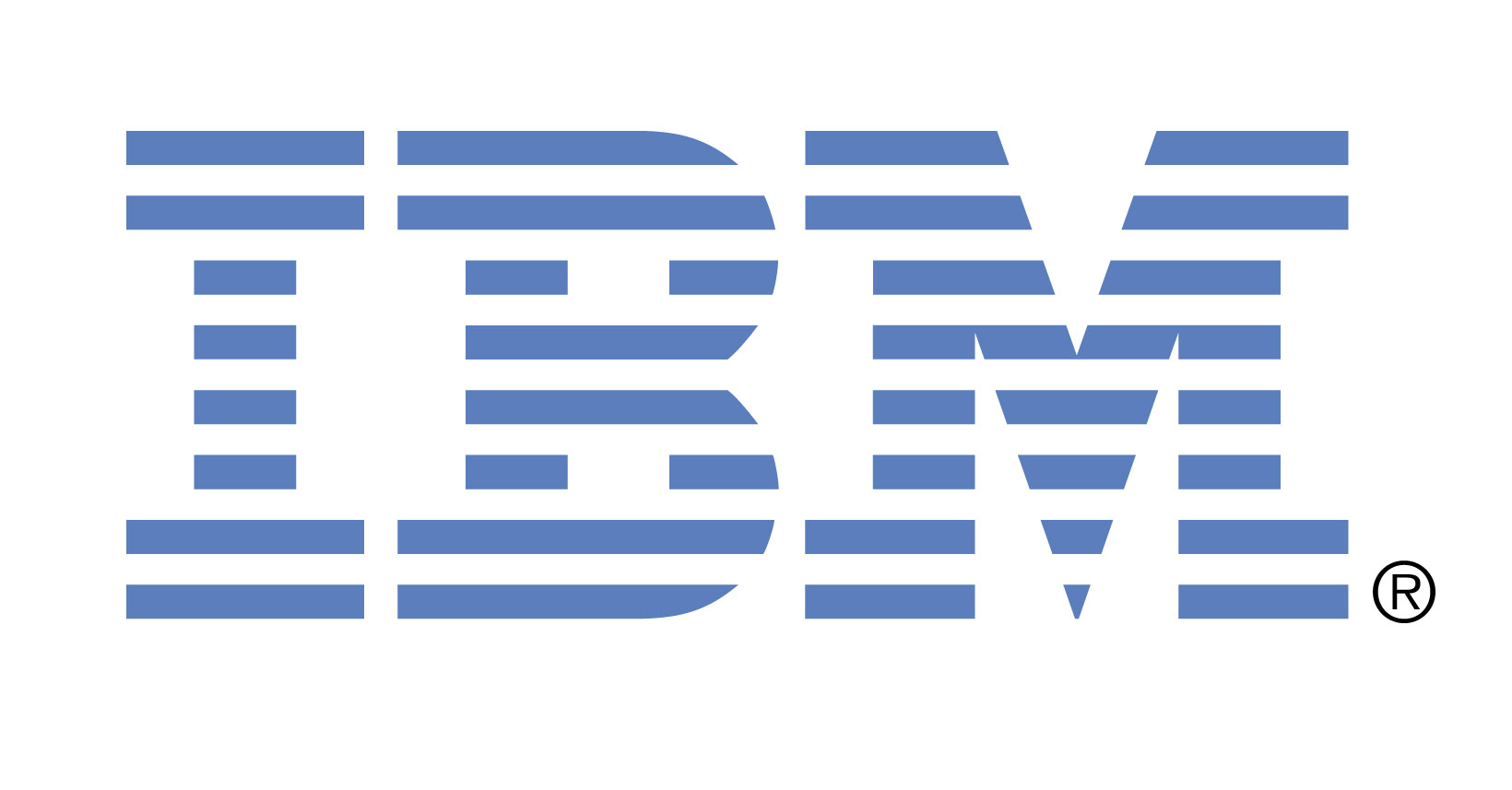IBM chooses to make health IT rather than just buy it

The way most computer industry niches evolve is that you have pioneers establish the space, a market event heralding the gold rush, then the big boys coming in and consolidating the space.
IBM has chosen another way in health IT.
Rather than buy a bunch of current players and soak up that sweet, sweet stimulus cash, the company has put $100 million into three research efforts designed to leapfrog current systems.
Allow me to translate from our fearless leader Larry Dignan:
- Genetic medicine -- Working with Europe's Hypergenes to model all genetic links to hypertension and, in time, effect cures that get to the root of the problem rather than just the symptoms. This leapfrogs not only drug therapies but the drug discovery process.
- Best practices -- Working with China's Peking University People's Hospital on combining best practices from U.S. firms like Intermountain (coming to market through GE's Qualibria) with Electronic Health Record (EHR) data, consolidating all internal systems into one. This would also leapfrog solutions like Microsoft's Amalga, Medsphere's OpenVista, and offerings from Siemens.
- Insurance -- Working with NASCO, owned by a collection of Blue Shield insurers, on creating more efficient, but complete benefit plans. This would not only leapfrog the present insurance IT space, but the entire health insurance complex.
IBM's own press release on this emphasizes that this is research, but the company has also launched a SmarterPlanet Healthcare Web site (on our blog roll) focused on such areas as the medical home and personalized medicine.
The health reform act is about payments, about creating a single health care system that in time results in more efficient care for everyone. Rather than going after the incentives in the transformation, IBM wants to be there at the end with tools and technologies that actually get the job done.
What's the job? It's all doctors treating you as a unique individual, with access to your genetic profile, in a system that maintains best practices, and with the money moving automatically in the background. What today's announcement emphasizes is this is a global opportunity, not just an American one.
IBM wants to be where reformers want to go before they get there, and ready to pick up the business as it arrives there, rather than just following them into the maelstrom of change, although beating the drum about what it's doing for the future will also help gain accounts in the present.
The problem with this for current providers of health IT systems and services, whether they're working with clinical offices, hospitals, or the payment system, is that IBM is telling them it won't be their exit strategy.
